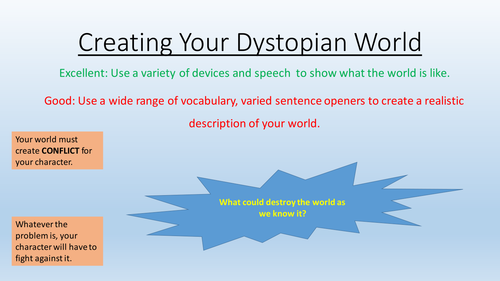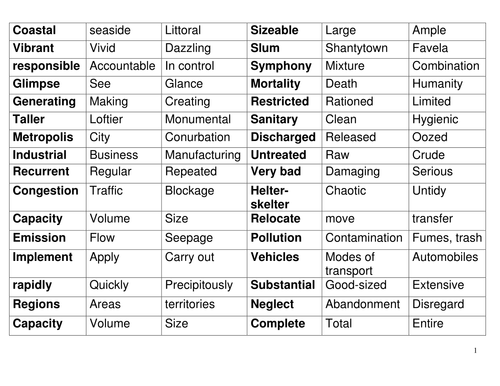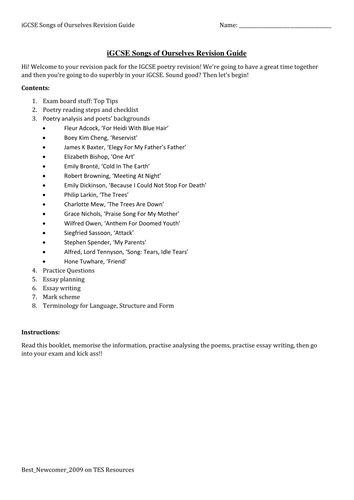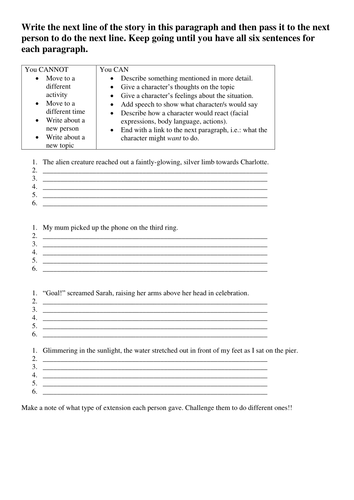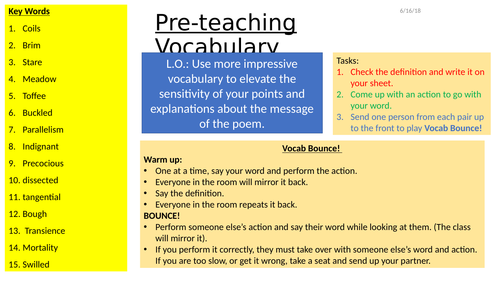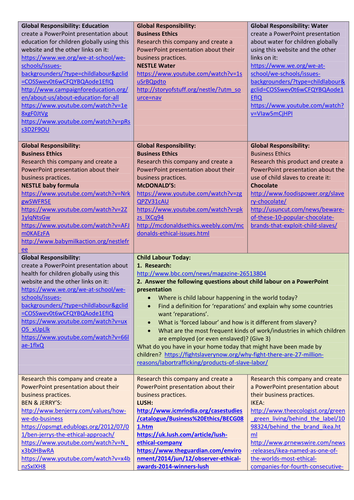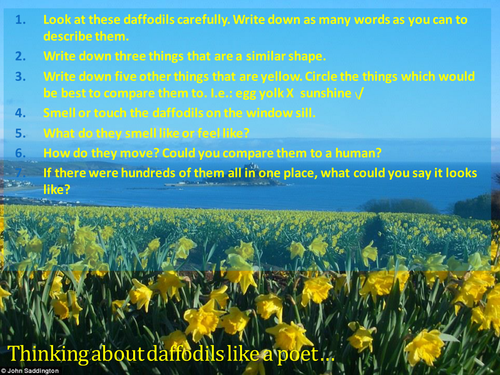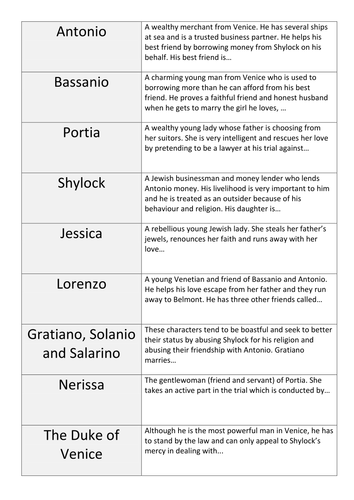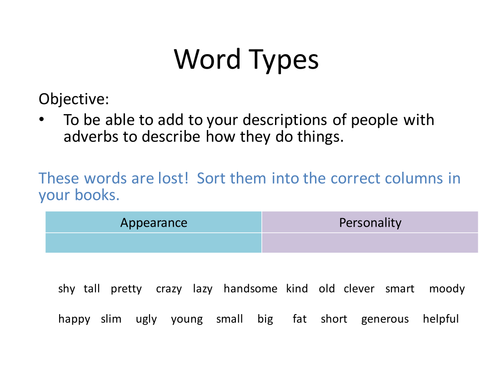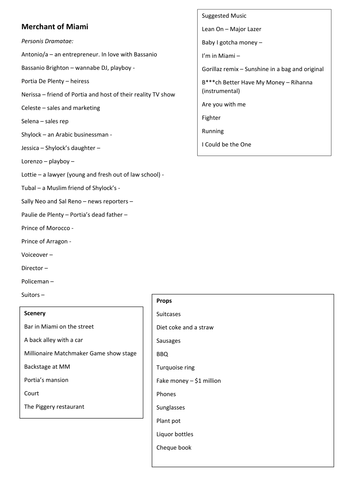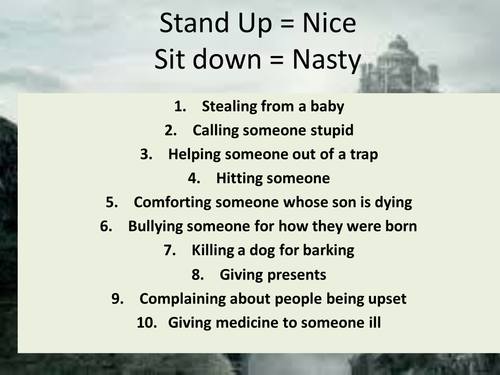Best_Newcomer_2009's Shop
Hi! Engaging, challenging and representative resources. I hope these save you a lot of time and your kids enjoy them as much as mine do. I' was an English teacher for twelve years and worked in a variety of schools including a chain of outstanding academies which I made resources for. I taught KS 3 - 5 until 2018 and have taught for the AQA, WJEC and CIE exam boards. I have taught SEN students, mixed ability classes, set groups and G&T.



